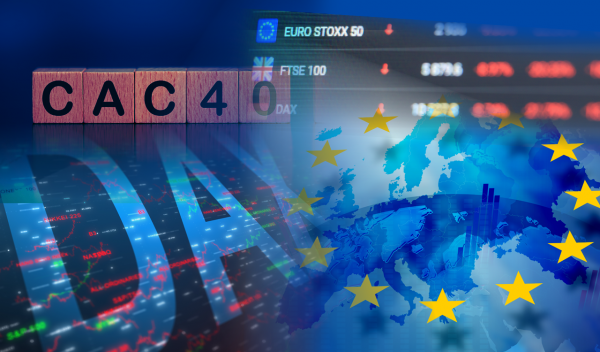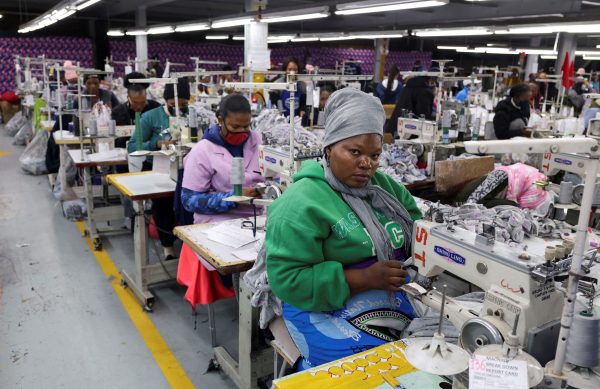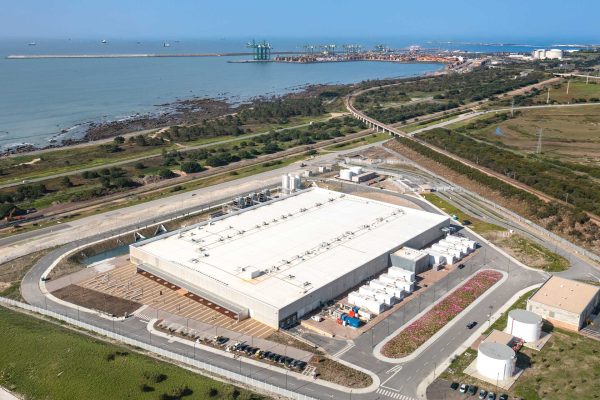
Small and very small businesses in Greece are racing in order to adapt to the new digital environment. At a time when digital sales channels are becoming more important than ever, as reported by SEPE, only 15% of small and very small companies in the country answer that they have an e-shop or participate in an online platform (of the Skroutz.gr type).
Commercial companies are the ones that, for the most part, have an e-sales system. The highest percentage was observed in the trade sector with 26.2% answering positively compared to about 11% respectively in manufacturing and services. In addition, the integration of e-sales systems or participation in an online platform seems to be related to the age of the entrepreneur, the educational level, but also to the age of the company and the amount of the annual turnover.
In particular, 22.8% and 18.2% of entrepreneurs belonging to the age groups 18-34 and 35-49 respectively, have integrated relevant systems in the company, compared to only 10.3% of entrepreneurs who are 50 years old, or more.
In addition, 19.1% and 18.8% of companies aged up to 5 years and 5-10 years respectively have integrated relevant systems, compared to 12.2% and 13% of companies aged 10-15 years and over 15 years respectively. Graduates of primary or secondary education (10.4%) also show a low percentage of integration of such technologies, as well as companies with an annual turnover of up to € 50,000 (11%).
“From the above findings it seems that there is a very large part of small and very small companies, which have not incorporated in their activity even digital systems of low technological intensity”, states the annual “Report of the Small Business Institute of the Hellenic Confederation of Professionals, Craftsmen, and Merchants on” The impact of the pandemic on business”.
Digital tools
When asked if the company has adopted digital marketing tools, website, social media, 50.1% of businesses said they have adopted digital marketing tools in their business. A higher percentage of adoption of digital Marketing tools is observed in commercial enterprises and in manufacturing – craft with 59.7% and 58.6% respectively to answer positively, compared to 46% in the service sector with 46%.
As in the case of e-commerce media, in digital marketing the newer businesses seem to be more active than the older ones. Specifically, 54.9% and 53.9% of the companies created in the last five years and those aged 5-10 respectively, answered positively.
This percentage drops to 45.5% for companies created between 10 and 15 years ago and to 49.1% for companies older than 15 years. Correspondingly, there is a strong positive relationship with the educational level of the entrepreneur, with 44.1% of primary or secondary education graduates answering positively, while the percentage gradually rises to 53% for postgraduate / doctoral graduates.
There is also an almost linear relationship with the size of the company, as while the self-employed and those with up to 1 employee account for about 42% -44% of the positive responses, this percentage increases significantly, as employees increase, reaching 67%. for companies with more than 11 employees.
During times of crisis
Although it is commonplace that the pandemic crisis has accelerated digital transformation processes, only 11% of businesses that have integrated e-sales systems and / or digital marketing processes developed this feature during the pandemic. The vast majority (89%) answered that they had developed it before the pandemic period.
In other words, it seems that the pandemic crisis did not have a significant impact on the digital transformation of small and very small businesses. “Therefore, the strong challenge of adapting to the digital economic environment that is emerging remains for most small and micro-enterprises,” the study noted.
Latest News

PM Mitsotakis to Chair New Democracy’s Committee Meeting
Today’s meeting is seen as a crucial opportunity to halt internal disputes within ND and reaffirm unity within the party.

Trump Tariffs Jeopardize Growth: Piraeus Chamber of Commerce
The tariffs, aimed at reducing the U.S. trade deficit, are expected to have both direct and indirect effects on the European economy

EU Condemns Trump Tariffs, Prepares to Retaliate
As tensions escalate, the EU is expected to continue negotiations with Washington while preparing for potential economic retaliation.

The Likely Impact of Trump Tariffs on Europe and Greece
Trump tariffs are expected to negatively affect economic growth in the Eurozone while Greece's exports could take a hit.

Motor Oil Results for 2024: Adjusted EBITDA of 995 mln€; Proposed Dividend of 1.4€ Per Share
Adjusted EBITDA for 2024 was down 33% yoy. The adjusted profit after tax for 2024 stood at 504 million euros, a 43% decrease from the previous year

Cost of Living: Why Greece’s 3% Inflation Is Raising Alarm
Greece appears to be in a more difficult position when it comes to price hikes, just as we enter the era of Trump’s tariffs.

Fitch Ratings Upgrades the Four Greek Systemic Banks
NBG’s upgrade reflects the bank’s ongoing improvements in its credit profile, Fitch notes in its report, including strong profitability, a reduction in non-performing exposures (NPEs), and lower credit losses

Trump to Announce Sweeping New Tariffs Wednesday, Global Retaliation Expected
With Trump's announcement just hours away, markets, businesses, and foreign governments are bracing for the fallout of one of the most aggressive shifts in U.S. trade policy in decades.

Inflation in Greece at 3.1% in March, Eurostat Reports
Average inflation in the eurozone settled at 2.2%, compared to 2.3% in February

Greece’s Unemployment Rate Drops to 8.6% in February
Despite the overall decline, unemployment remains higher among women and young people.










































 Αριθμός Πιστοποίησης
Αριθμός Πιστοποίησης